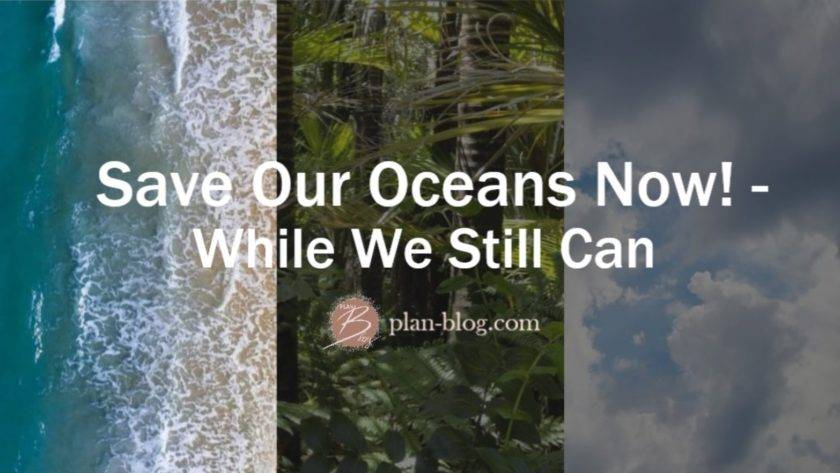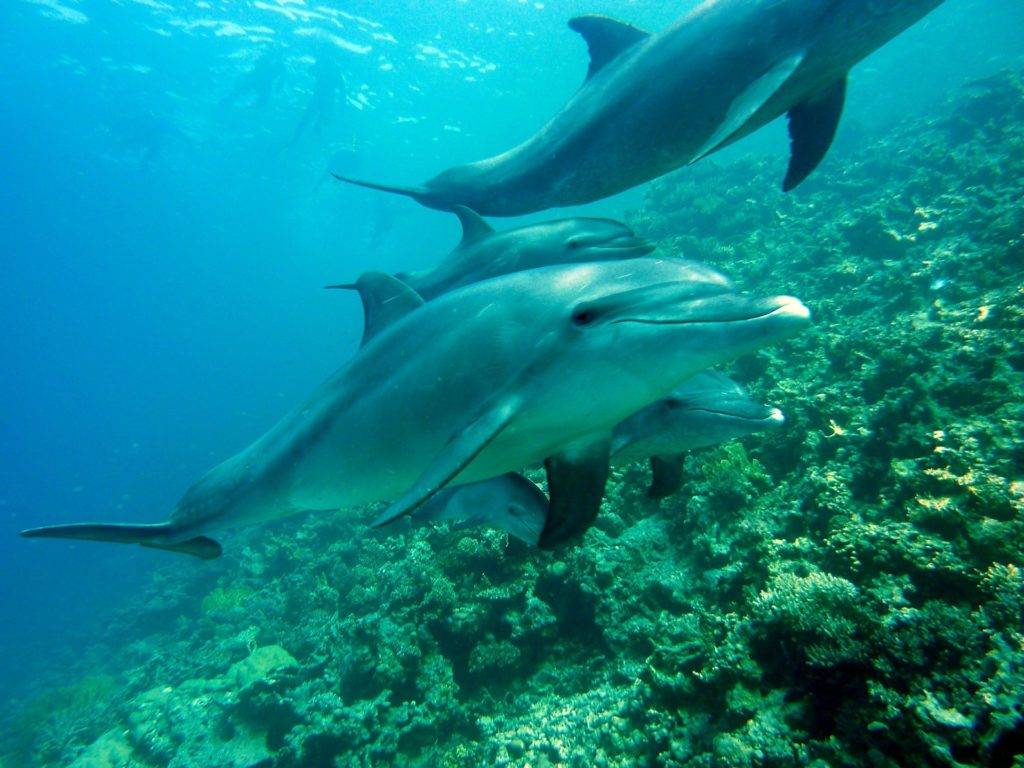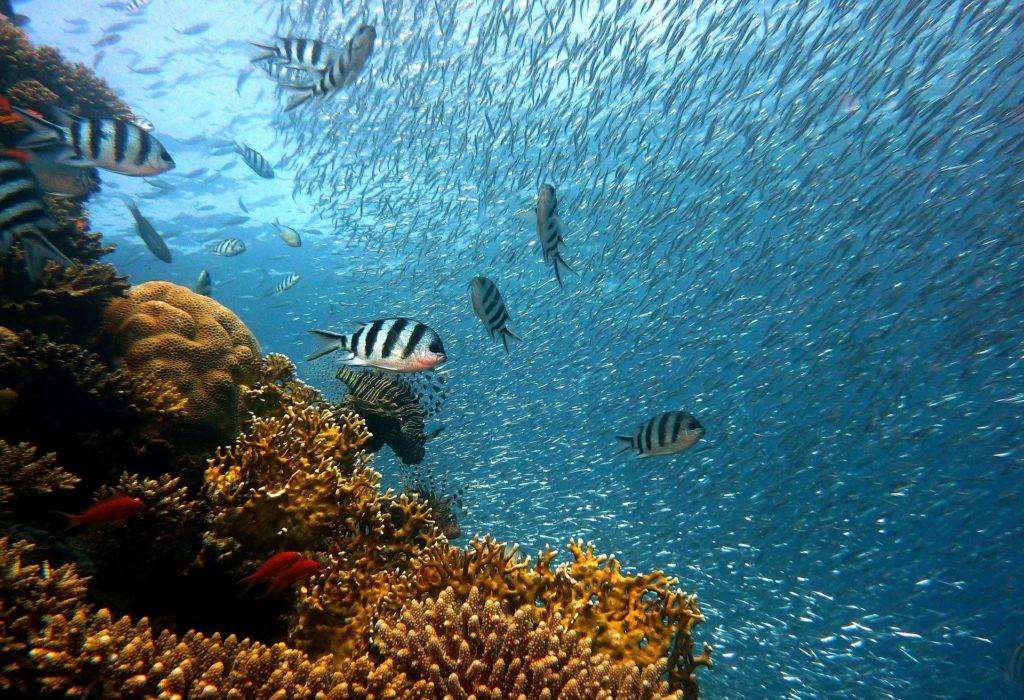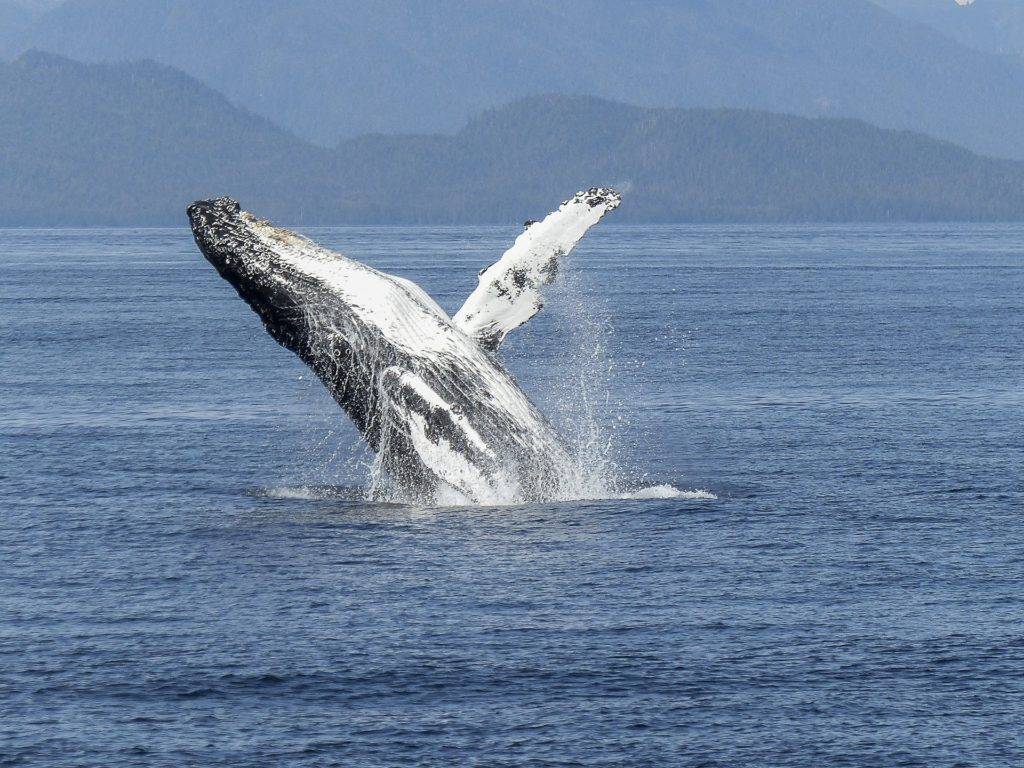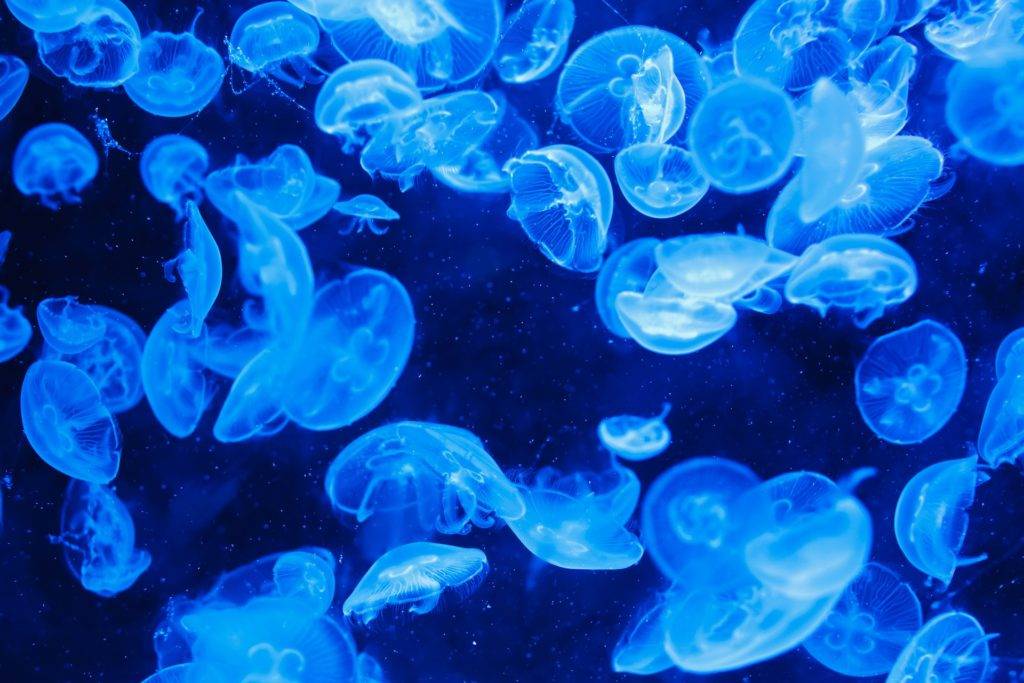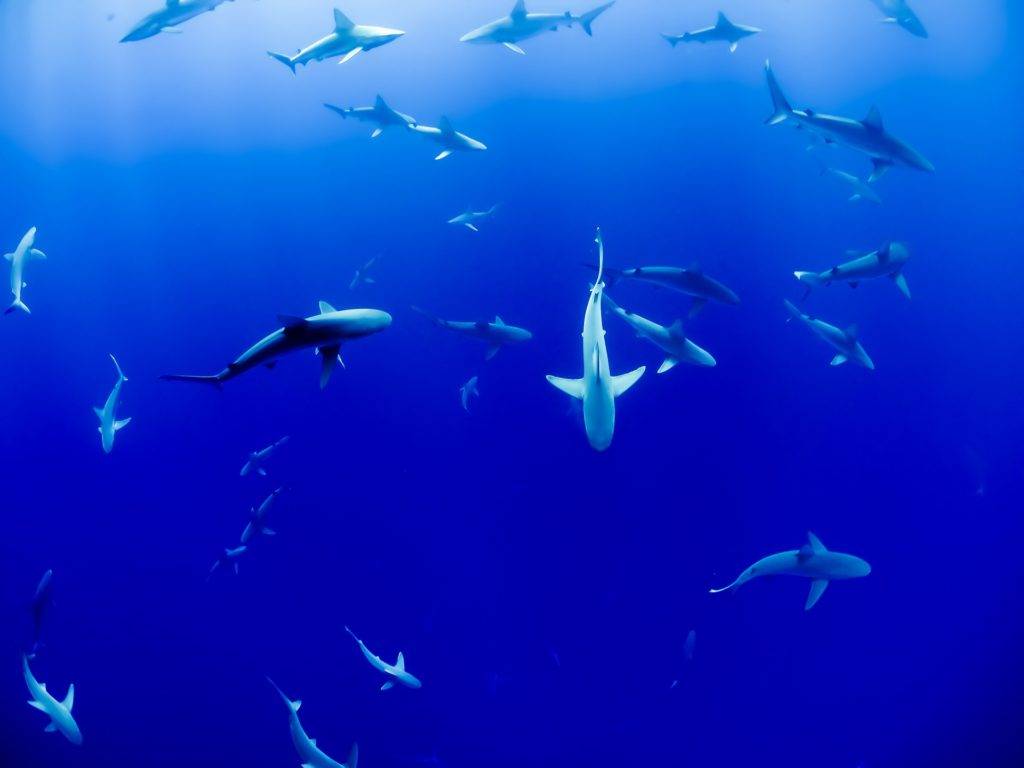So I think it is clear for everyone that there are a lot of environmental problems on our planet and while there may be solutions to some, others are not even talked about. Our oceans are our source of life even though we don’t live under the waves or in their streams so we have to save our oceans from ourselves!
“We need to respect the ocean and take care of them as if our lives depended on it. Because they do.”
Sylvia Earle, Marine Biologist
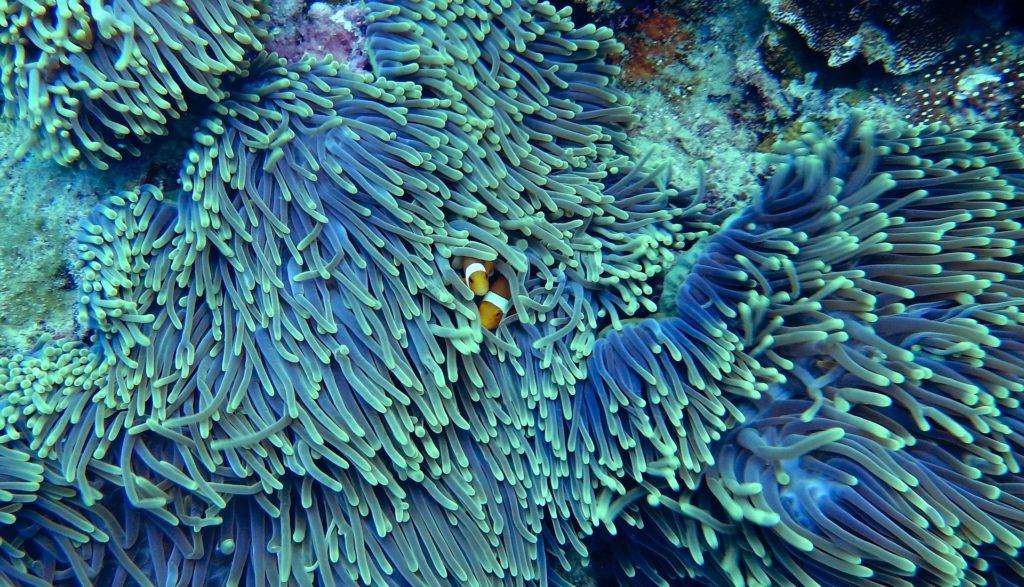
This post is one out of three posted on the occasion of World Earth Day (22nd of April). The others are linked at the end, check them out as well.
In this one we will talk about water and our oceans. It is divided it into three sections:
Why do we have to protect the ocean?
You may be asking, without even knowing how the ocean is put in danger, why we must protect the ocean. What is in it for us? And the answer to that question is quite easy: it is the survival of our whole planet and therefore of us, the human race. Sylvia Earle, a marine biologist, says that our faith and the oceans are the same. So when we save our ocean, we save ourselves.
The ocean and water are what makes earth different from all other planets, it is the source of life and without it, planet earth would look a lot like Mars, uninhabitable. The Ocean controls our weather, our air and our climate. It is home to 80% of all life on earth. It moves heat around the whole planet and 93% of all the energy trapped in CO2 goes into the ocean [3]. Marine plants can store 20% more carbon than the forests on land [4]. Plankton and seaweed produce more than half of the oxygen we breathe.
Phyto Plankton absorbs four times more carbon dioxide than the rainforest and produces about 80% of the world’s oxygen [4]. They also play a huge role in aquatic ecosystems, because they are eaten and fertilized by whales when they come up to the water surface to breathe. Killing whales means, killing phytoplankton and therefore our source of oxygen.
Coral reefs are a source of income and food for over 500 Million people and about 25% of all marine lives rely on coral reefs [3]. However, our coral reefs are dying. Why?
What is happening?
We mentioned that we have to protect the ocean from ourselves, so you may be wondering, well how are we endangering it?
The most apparent thing showing us that our oceans are not well, is the dying and bleaching of coral reefs. Corals bleach because of stress that is caused by temperature changes and once they bleach, it is very likely that they die. In the last 30 years 50% of the world’s corals were lost [3]. You really have to see the oceans temperature as its body temperature and if our body temperature goes up by 2 degrees it makes a huge difference! So why are the oceans warming up? The easy answer to this question is climate change, but it is more complex than that! We are disrupting our ocean in so many ways and they all have an impact on our climate.
One very impactful way is commercial fishing. Every year billions if not trillions of fish are caught. A lot of fish are taken out of the ocean before they even had the chance to reproduce, shrinking their population by a massive amount. Since 1940 only 5% of the population of bluefin tuna is left [2] and sharks have lost between 80 and 99% of their population [4].
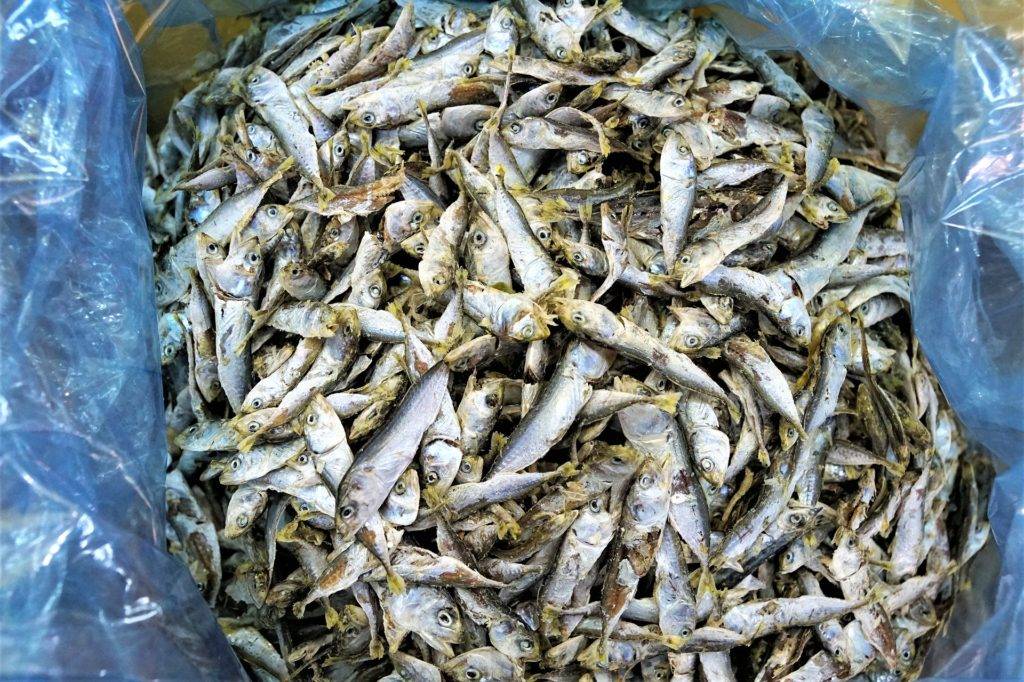
Blue fin tuna is the most expensive fish on earth and the tuna industry is a 42 million dollar industry [4]. The shark- and especially the shark fin industry is even said to be a multi-billion-dollar industry. Having sharks killed for shark fin soup is a huge problem because sharks are on the very top of the food chain, so killing them or decreasing their populations has a huge impact on the ecosystem. They keep the oceans alive. And in addition to that, shark fin soup has no nutritious value but is only a status symbol in Asian countries [4]. So, these sharks die for someone’s prestige and with sharks dying, a lot of other species, like sea birds, die with them!
However, they are not only killed for their fins but also as bykill during commercial fishing. Bykill are all animals killed in the process of fishing that are not targeted. Around 50 Million sharks are killed this way every year and 40% of all animals caught this way get discarded back into the ocean dead [4].
This also occurs during “sustainable fishing” and even for products that have a special label on them. On “Dolphin Safe Tuna” no one controls regularly or guarantees that there are no dolphins killed during capturing the tuna [4]. The company handing out the label makes more money with every label though.
Dolphins are also a big victim of bycatch. According to Sea Shepherd about 10.000 dolphins are killed at the atlantic french coast every year [4]. But dolphins are even targeted in some countries, where they get either captured or killed. If captured they are sold to marine parks for a lot of money but for every dolphin captured, 12 more are killed in the process [4]. They are also blamed for overfishing and seen as competition for fishermen and therefore murdered.
Whales and dolphins are also extremely important for the ocean, like already mentioned in the beginning. However, in some countries, they are still targeted and killed, despite the international ban on whale hunting.
One very destructive method of fishing is trawling. It is basically deforesting the ocean floor and 3,9 Billion acres of ocean ground is lost due to this every year [4].
As bad as commercial fishing is for the oceans, there is another reason to look at it with suspicion. There are many death cases of government observers that go missing at sea. And in addition to that, a lot of fishing and also prawn and shrimp farming depends on slavery [4]!
Furthermore, at locations where industrial fishing is competing with or rather destroying local fishermen, the locals can not get a good catch of fish anymore. They lose their job and can not provide for their families anymore.
But not only the fishing industry is bad for the ocean, but animal agriculture is also destroying it. Raising animals for food is responsible for 30% of the world’s water consumption [5]. 116000 pounds of waste is produced in the US alone every second and that is dumped into the ocean [5]. Animal waste is very nitrous oxide rich and toxic for marine life.
Not only agricultural waste is dumped into the ocean but also huge amounts of plastic. Whales wash up on beaches with plastic filling up their stomachs. A truckload of garbage of plastic is dumped into the oceans every minute and the number of microplastic particles in the Great Pacific Garbage Patch outnumbers the number of stars in the milky way by 500 times [4]. There are somewhat 150 Million tons of plastic in the ocean [4]. But once again about 46% of the Great Pacific Garbage patch is made up of fishing nets and that is without other discarded fishing gear [4].
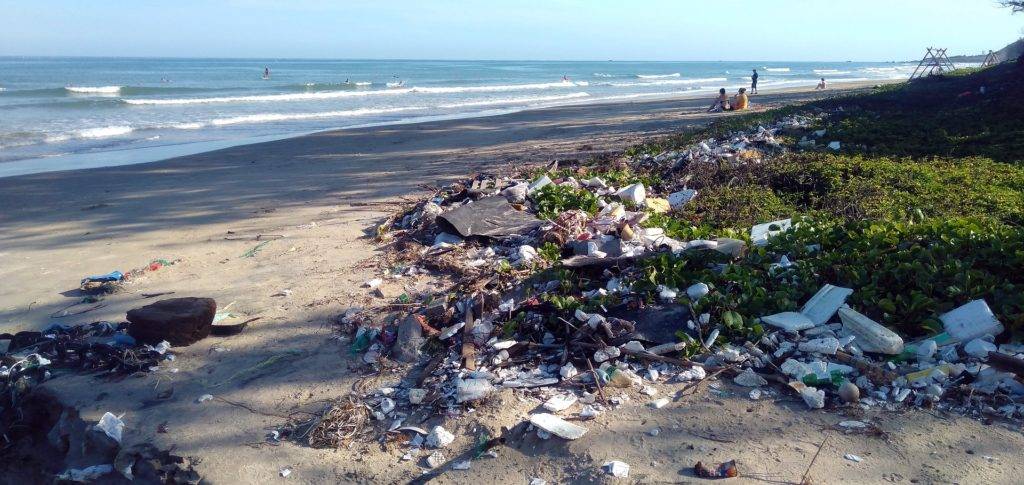
If you are thinking that this is bad, you may want to know, that a lot of fishing is driven by tax money. To keep prices in the industry low, the government pays it with tax money even when more money goes out than coming back in.
“The biggest issue by far is commercial fishing. Its not just far more damaging than plastic pollution, its far more damaging than oil pollution, oil spills.”
George Monbiot in “Seaspiracy”, 2021
What can you do?
If you don’t want fishless oceans by 2048 then lets do something now! Let’s save our ocean.
- Try to save water
- It may not make a huge difference but you should always be careful with resources and not waste anything.
- Save plastic where you can
- Even if most plastic in the oceans comes from fishing, you can still reduce your carbon footprint by saving plastic and make sure that as little plastic as possible entering the ocean is yours.
- Look for alternatives for seafood, there are already so many vegetarian products out there.
- Next time you go to the zoo or a marine park ask yourself how the animals got there and maybe don’t go there again to not support the capturing of marine animals.
- Eat less fish or eliminate fish from your diet!
- There are a lot of industrial pollutants in fish and often those contaminants outweigh the benefit. Sidenote: Fish do not produce omega-3-acids themselves, algae does.
- Also: Salmon is normally not pink, it is grey!
- Support projects that protect the ocean but be careful what these projects stand for and chose right with enough information. Two that make a good impression on us are:
Marine eco systems can bounce back very quickly if just given the time! By speaking up against commercial fishing we might be able to give our oceans that time. The Ocean tends to be out of sight out of mind but don’t let it be! Speak about these problems, tell your family and friends. Share articles and movies about them. Let us save our ocean now before it is too late.
We would love to hear your opinion on these matters in the comments. Let us know how you feel about what is happening to our earth, what else we could do to save it or even additional information.
Check out our other two posts talking about issues on our planet and share them to engage in the much needed conversation about these matters.
Sources:
[1] Sarah Witman, Eos Science News by AGU, 13 September 2017, “World’s Biggest Oxygen Producers Living in Swirling Ocean Waters“, https://eos.org/research-spotlights/worlds-biggest-oxygen-producers-living-in-swirling-ocean-waters (15.04.2021)
[2] Fishere Stevens, Robert Nixon (Directors), 2014, “Mission Blue“, USA: Netflix, https://mission-blue.org/
[3] Jeff Orlowski (Director), 2017, “Chasing Coral“, USA: Argent Pictures, Code Blue Foundation, EarthSense Foundation, Kendeda Fund, The Sustainable Films, Exposure Labs
[4] Ali Trabizi (Director) & Kip Anderson (Producer), 2021, “Seaspiracy“, A.U.M. Films & Disrupt Studios, https://www.seaspiracy.org/
[5] Kip Anderson & Keegan Kuhn (Directors), 2014, “Cowspiracy: The Sustainability Secret“, USA: Appian Way, A.U.M. Films, First Spark Media, https://www.cowspiracy.com/

